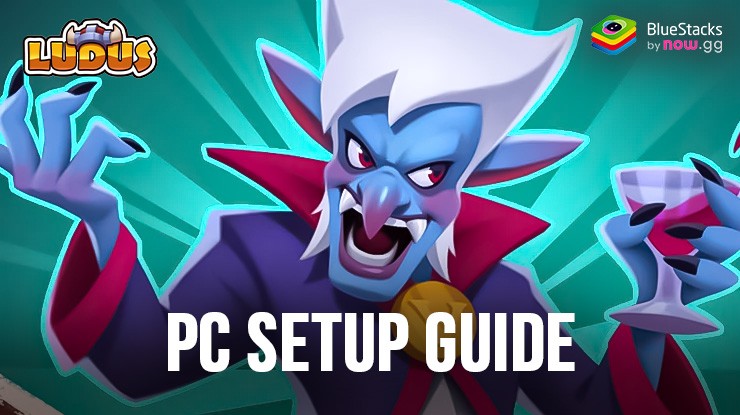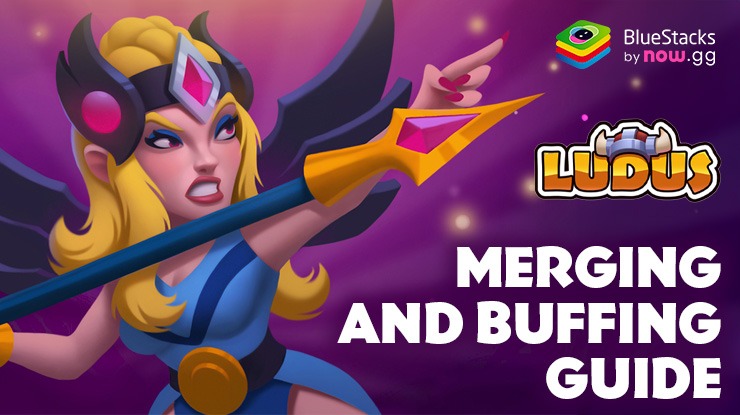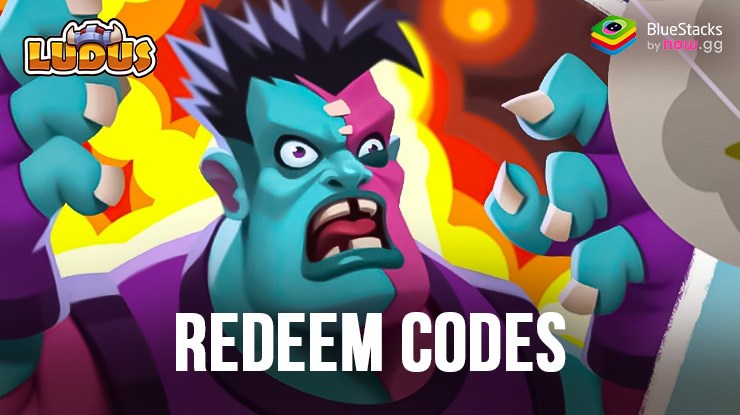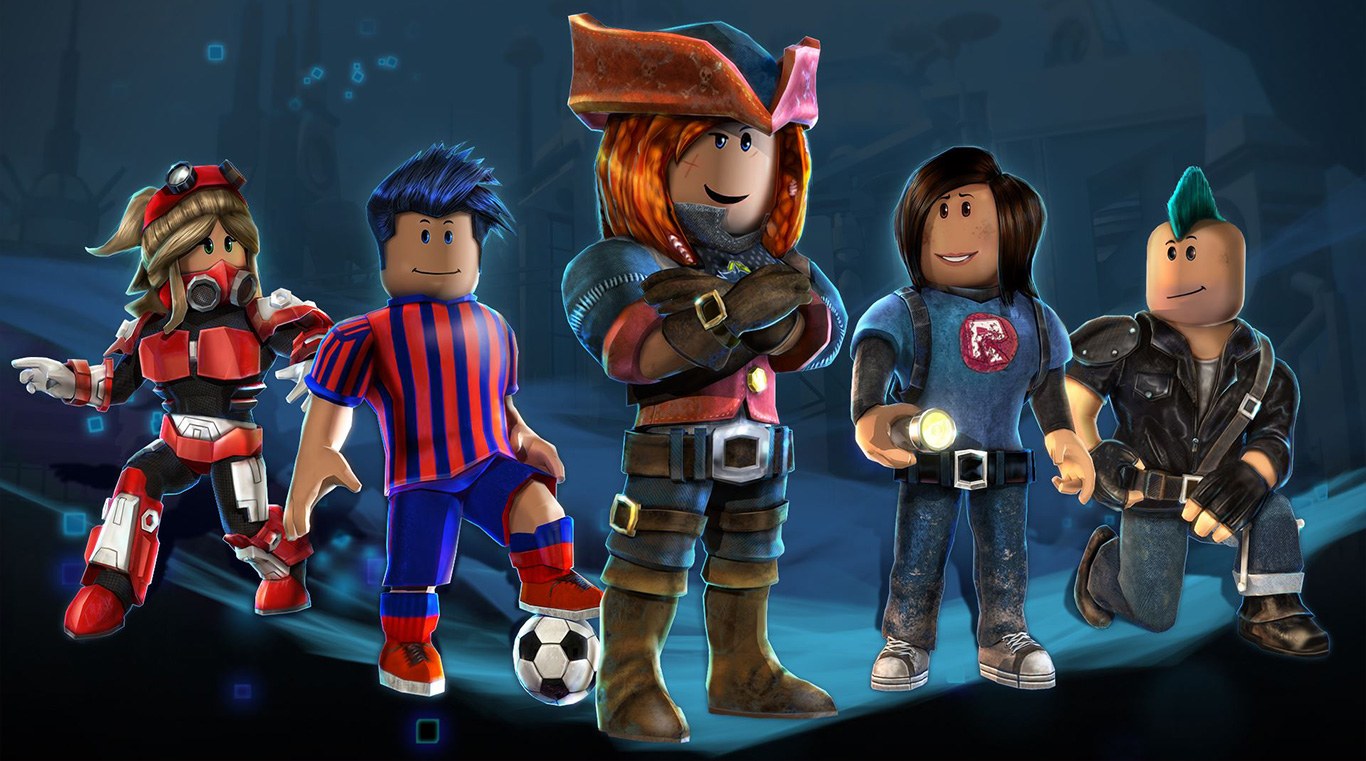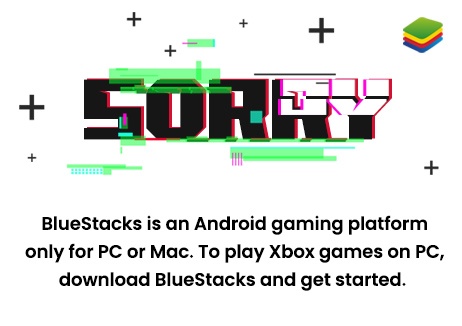BlueStacks Beginner’s Guide for LUDUS - Merge Arena PvP
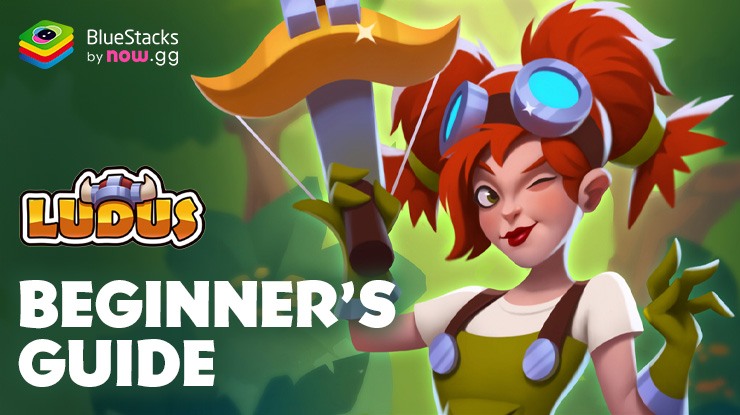
LUDUS – Merge Arena PvP blends the excitement of the merge genre with the strategic depth of auto chess, creating a fast-paced and engaging player-versus-player experience. In this strategy game, players deploy hero units from their decks onto the battlefield, merging identical units to upgrade their level and tier. This dynamic mechanic requires quick thinking and strategic planning to outsmart opponents in quick, action-packed matches.
This beginner’s guide will cover essential tips and strategies to help new players get started. From building a balanced deck to mastering the merging mechanics, this guide provides everything needed to begin winning battles and climbing the ranks in.
Match Basics
LUDUS – Merge Arena PvP revolves around intense matches on a vertical battlefield split down the middle, with each player controlling one side. Players use coins to summon random units from their deck, which are placed in any random empty spaces on their grid. When two units of the same type and tier are on the grid, they can be merged to create a higher-tier unit with improved stats. Upon reaching tier 3, units unlock special skills that can significantly impact the outcome of battles. However, reaching higher tiers is challenging due to the random nature of unit summoning, which means players can’t control which units they will get.
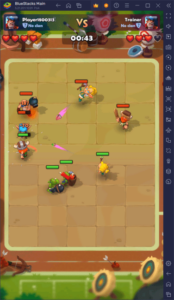
Once players run out of coins and can’t merge anymore, the round begins with the units on each side clashing. The loser of the round loses a heart. Each player starts with five hearts, and the game continues until one player loses all their hearts. This core gameplay loop keeps matches fast-paced and strategic, with players constantly adapting to the randomness and aiming to outsmart their opponents.
The Playing Field
In LUDUS, the field is divided into two sides, each with several empty spaces and rocks. The rocks have numbers on them, and when these rocks are buffed, their number decreases by 1. Once a rock’s number reaches 0, it is destroyed, granting the player extra coins. This adds a layer of strategy, as managing and destroying rocks can provide a significant advantage.
The number of units a player can deploy depends on their available coins and the empty spaces on their grid. Each unit purchase costs 3 coins. If there are no empty spaces, players cannot summon additional units until they either merge existing units or sell unwanted ones. This requires strategic planning to ensure that there is always enough space for new units while maximizing the strength of the units on the field.
Players can buy, sell, and merge units at any time during the preparation phase. To sell a unit, players simply drag and drop it to the bottom of the screen, freeing up space and gaining additional coins. This flexibility allows for constant adjustment and optimization of the battlefield setup, ensuring that players can adapt to the ever-changing dynamics of the game.
Unit Merging and Buffing
Merging and buffing are key mechanics that can significantly influence the outcome of a match. When two units of the same type and merge level are combined, they merge to create a unit of the same type but at a higher merge level. This enhances their stats and, upon reaching merge level 3, unlocks special skills that can turn the tide of battle.
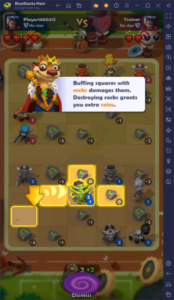
Merging units also triggers buffs to specific tiles around the merged unit. Buffing rocks reduces their HP, eventually destroying them and granting extra coins. If a unit is buffed, it increases their level, which is separate from their merge level. These buffs boost the unit’s stats for the current match, making them more effective in battle by hitting harder, absorbing more damage, and overall performing better.
Both merging and buffing are crucial for success in LUDUS. Players should strive to merge units whenever possible, while also maximizing the number of buffs applied to allies or rocks. This balance between merging for immediate strength and buffing for strategic advantages is essential to mastering the game.
For a deeper understanding of these mechanics, players are encouraged to read our comprehensive LUDUS merge and buffing guide. But for now, remember to always aim for merging units and buffing as many allies or rocks as possible to maintain an edge in the game.
The Combat Round
Combat in LUDUS – Merge Arena PvP is straightforward and fully automated. Once the preparation phase is over, units on both sides move across the field to engage the enemy, attacking each other until only one side remains standing.
There’s no need for player intervention during combat, as units will automatically use their skills when their energy bars are filled. This automation allows players to focus on strategic planning during the preparation phase, ensuring their units are optimally placed and merged for maximum effectiveness.
Understanding the automated nature of combat is essential for players to make informed decisions during the preparation phase, as the outcome hinges on the strength and positioning of their units before the battle begins.
Building and Upgrading Your Deck
When not in matches, players can focus on building and upgrading their decks. By visiting the cards tab, players can review their available cards and access detailed information about each one. When players have enough duplicates of a card, they can upgrade it by paying a fee in gold, which boosts the card’s stats. One of the best LUDUS tips is that upgrading cards as soon as possible is crucial, especially for the ones actively used in matches.
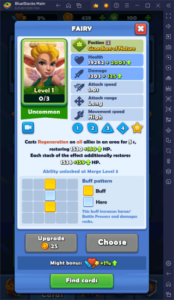
Players can also build their decks from this screen, choosing up to 5 different cards. With a total of 60 cards available in the game, the combinations and strategies are virtually endless. As players progress and unlock more cards, experimenting with different deck combinations becomes key to finding the most effective strategies to outmatch opponents.
The main takeaway is that regularly upgrading cards is essential for maximizing their potential. This practice ensures that players maintain a competitive edge and are always ready for the challenges ahead in the arena.


